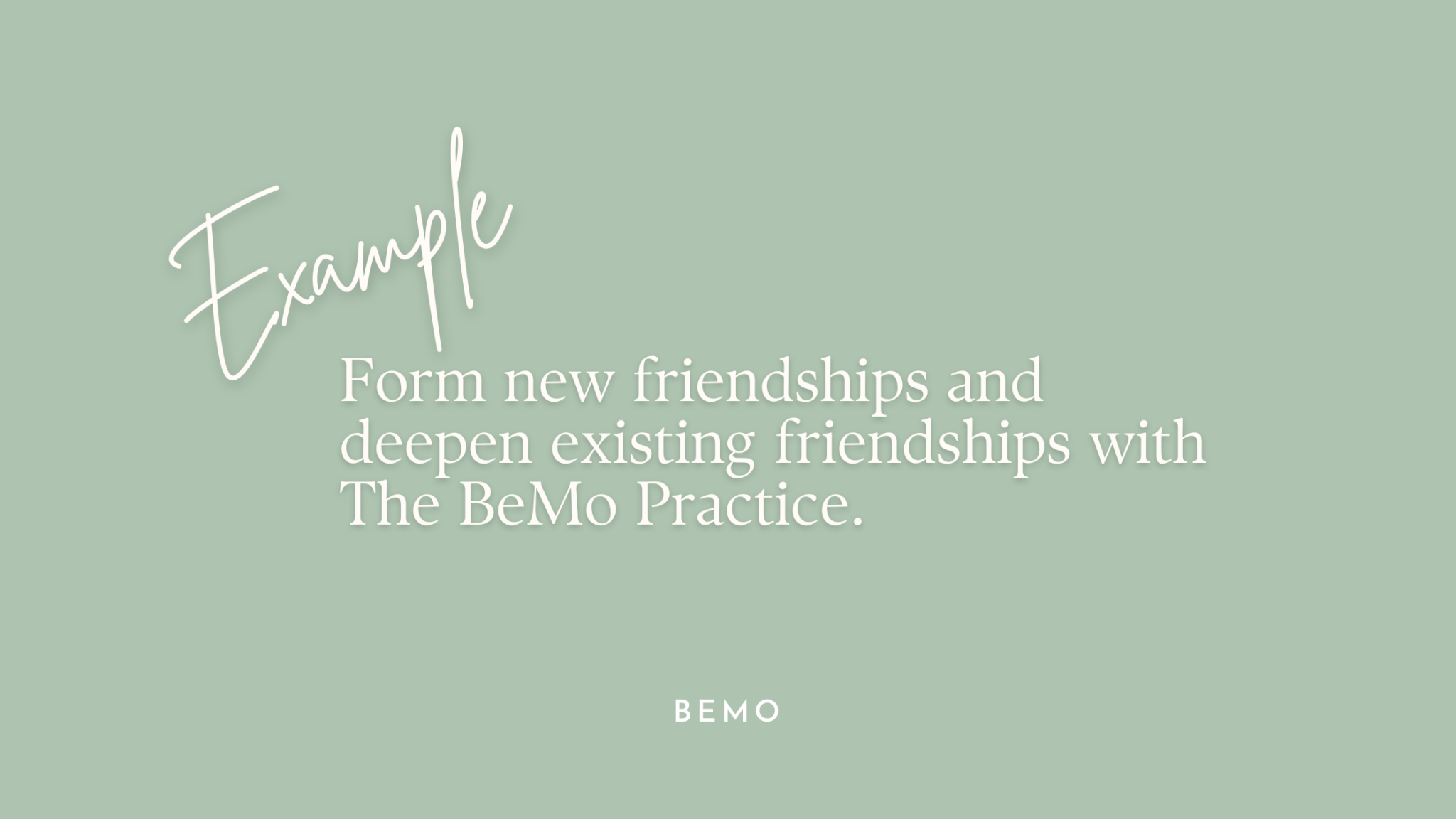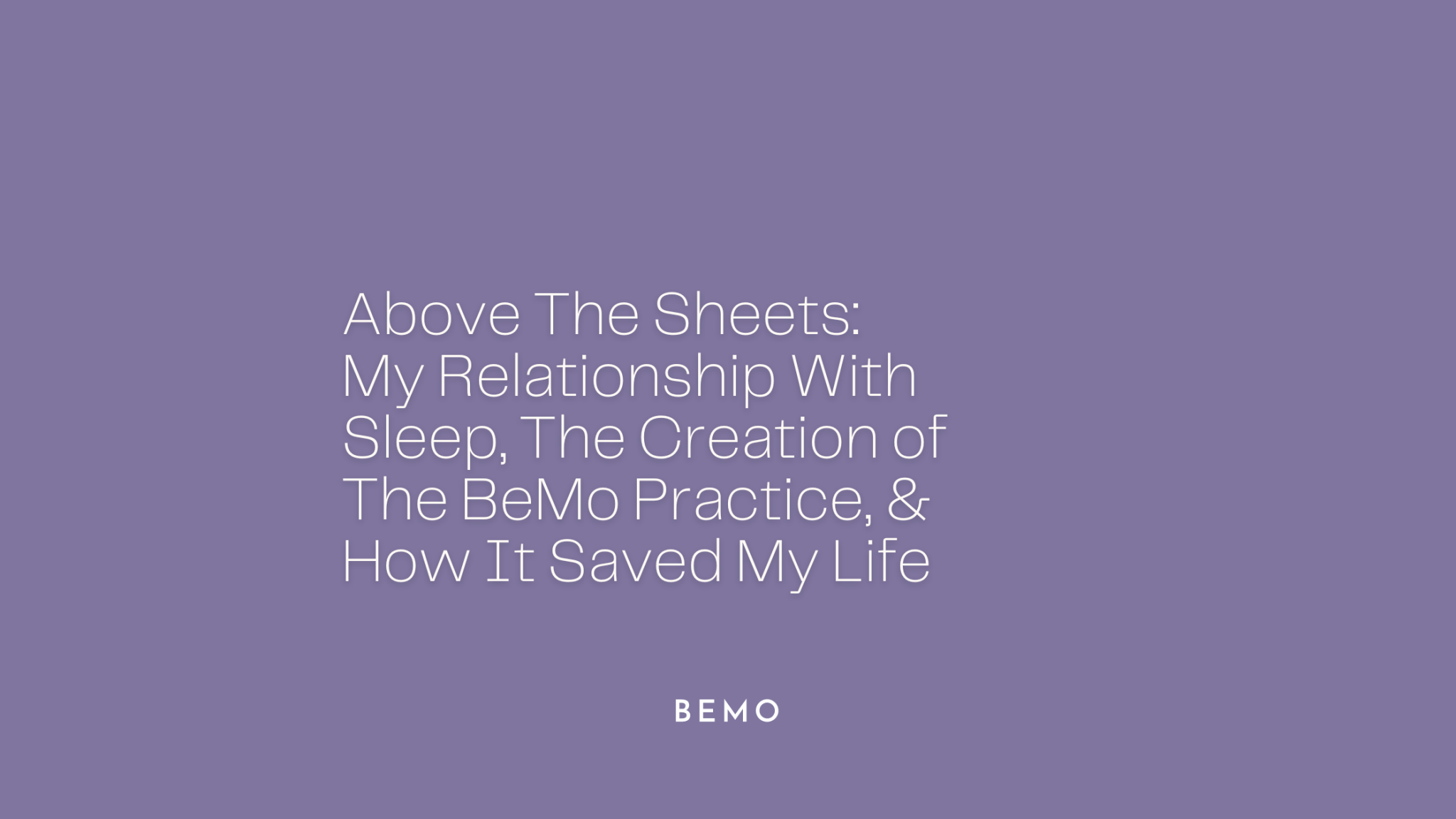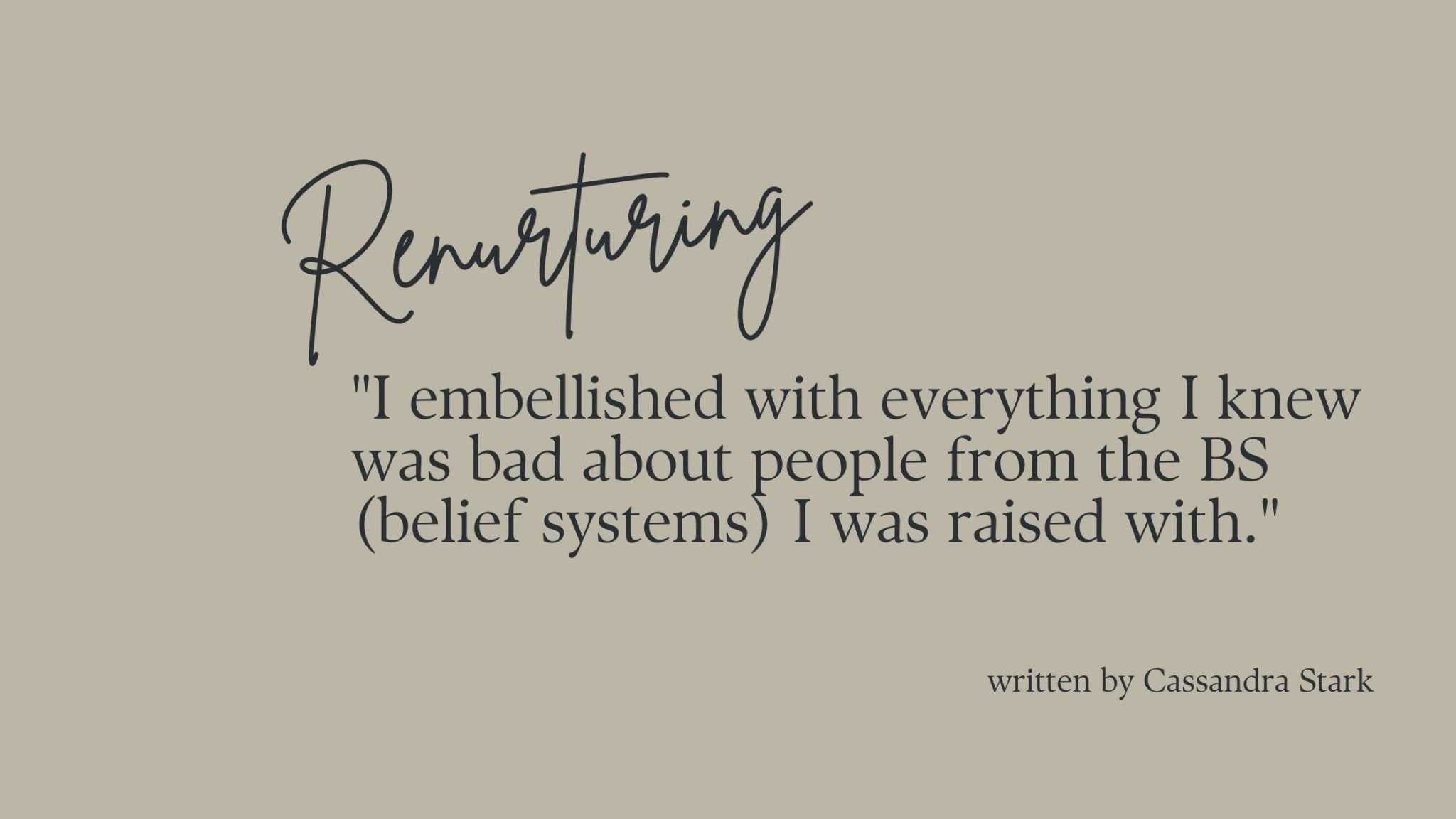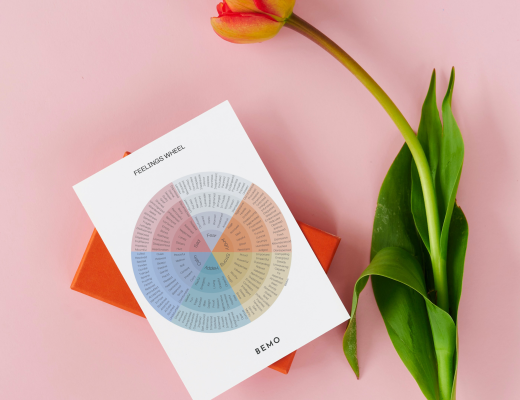Friendships play a pivotal role in our well-being, offering companionship, support, and joy. The BeMo Practice, created by Cassandra Stark, is a transformative tool not just for self-awareness but also for cultivating and deepening friendships. It guides us in understanding our emotions, behaviors, and needs, and in turn, teaches us how to communicate these aspects more effectively with others.
Building Assertiveness and Confidence
The BeMo Journal & Practice empowers you to speak to yourself with kindness and compassion, fostering a positive internal dialogue. This assertive behavior extends to your interactions with others, allowing you to express your needs and boundaries clearly and respectfully.
When you're confident in who you are and what you need, you naturally attract positive relationships and have the courage to seek out and form new friendships.
Forming New Friendships
Begin with Self-Reflection
Use the Brain Dump technique to express your Feelings about forming new friendships. Unearth the beliefs you have about friendships as a result of the experiences you've had so far in your life. Identify any fears or excitement and explore what qualities you seek in new connections.
Apply the FUNCK Method
- Feel: Identify your emotions about meeting new people.
- Understanding: Write a compassionate note to yourself, recognizing your willingness to form new connections.
- Needs: Clearly define your expectations from new friendships.
- Cans: List actionable steps you can take to meet new people.
- Knowing: Reflect on past friendships to understand what dynamics work best for you.
Highlight the Positives
Conclude by focusing on the Positives of forming new friendships, such as shared experiences and mutual growth. Reflect on the Positives you have experienced in your life and describe what that meant for you.
Deepening Existing Friendships
As we get older, we feel increasingly lucky to have friends who grow alongside us - the type of friends we can pick up a conversation with as if we were never on pause or put literal distance between us. Deepening existing friendships means reconnecting with who you are now and not dwelling on the used-to-bes and nostalgic memory lanes that can eventually divide two people into then-versus-now categories.
Reflect on Current Relationships
Evaluate your existing friendships. Ask Yourself: Are there areas that could be strengthened or conflicts that need resolution?
Celebrate the Friendship
Regularly acknowledge what you value in each friend, reinforcing the positive aspects of your relationship.
Navigating Difficult Conversations: Speaking Through FUNCK With Friends
Use the FUNCK method to address conflicts, focusing on expressing your Feelings and Needs constructively, without resorting to blame.
Setting Boundaries or Resolving Conflicts
F: Start by acknowledging your feelings about the situation. Are you hurt, disappointed, or maybe misunderstood? Identifying your emotions lays the groundwork for an honest conversation.
U: Approach the conversation with empathy, both for yourself and your friend. Remind yourself of the value of the friendship and the intention to preserve it, framing your thoughts with kindness.
N: Clearly articulate what you need from the friendship. Is it respect for your boundaries, clarity in communication, or perhaps a need for trust and honesty? Expressing your needs directly helps prevent future misunderstandings.
C: Focus on what actions both you and your friend can take to mend the situation. It might involve a commitment to more transparent communication, respecting each other's boundaries, or taking time to rebuild trust. When possible, decide this together.
K: Reflect on what you know about yourself and your friend in this situation. Acknowledge the strength of your friendship and the mutual desire to overcome challenges together.
Example: Overcoming a Misunderstanding
- F: "I felt hurt when I heard about X from someone else instead of you."
- U: "I understand we both value our privacy, but our friendship is important to me."
- N: "I need openness with each other to maintain trust."
-
C:
-
Commit to Regular Check-ins: "We can set up weekly coffee chats to catch up and ensure we're both feeling heard and connected, reducing the chance of misunderstandings."
-
Create a Safe Space for Sharing: "We can establish a 'no judgment' rule when we share personal things, making it easier to be open and honest with each other."
-
Use 'I Feel' Statements for Communication: "We can practice expressing our feelings and concerns using 'I feel' statements to prevent defensiveness and promote understanding."
-
- K: "I know we both care about our friendship and can work through this."
Using the FUNCK method allows for a structured yet heartfelt approach to addressing and overcoming challenges in friendships, fostering deeper understanding and stronger bonds.
Conclusion
The BeMo Practice not only enhances self-awareness but also equips you with the assertiveness and confidence needed for forming and deepening friendships. By fostering a positive internal dialogue and practicing compassionate communication, you set the foundation for relationships that are both fulfilling and nurturing. Through The BeMo Practice, you learn to share your true self with others, attracting and cultivating friendships that enrich your life.









Leave a comment